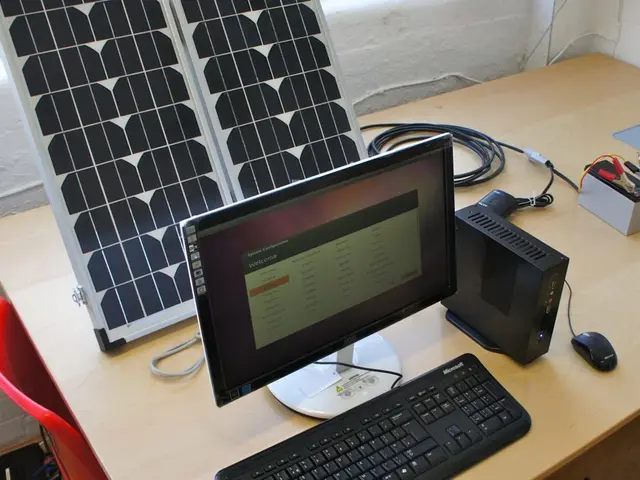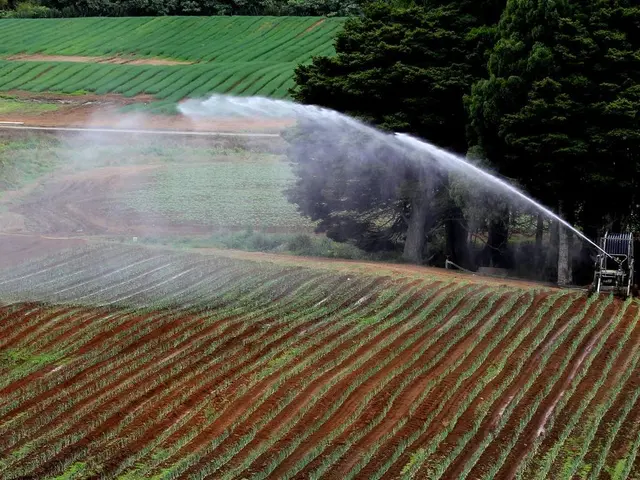Energy Transition Speedway: Upper Austria Accelerates Towards a Fossil-Fuel Free Future
💪🦾 Let's dive into Upper Austria's groundbreaking plan: The Future Heat Highway! This ingenious project's mission is to harness industrial waste heat and funnel it into local district heating networks, bolstering the region's economy, preserving jobs, and propelling Austria towards a greener energy future.
Markus Achleitner, the Provincial Councilor for Economics and Energy, lauded the project at its debut, highlighting its potential to decarbonize the area significantly. The project mastermind, the Energy Institute at JKU Linz, orchestrates 28 powerhouses from industry, research, and energy supply, aiming to unlock previously untapped energy sources, making Austria less reliant on costly fossil fuel imports.
This ambitious initiative isn't just about heating up a few neighborhoods – it's creating a large-scale, interconnected heating network that spans long distances like a super highway of heat supply. The energy it supplies predominantly stems from renewable resources such as biomass, geothermal energy, and industrial waste heat, drastically reducing dependence on finite fossil fuels.
By interlinking several municipalities and industrial sites, the project achieves higher efficiency and energy sharing, optimizing heat demand and supply across the region. The infrastructure allows for the seamless integration of future renewable technologies, enhancing energy security while lowering greenhouse gas emissions.
Joining forces in this climate-friendly crusade, Upper Austria is contributing to Austria’s national goals of decarbonization by replacing fossil fuel-based heating systems with more sustainable alternatives. It's crucial, as heating makes up a significant chunk of Austria’s energy consumption and CO2 emissions.
The Future Heat Highway project's large-scale heat sharing and optimized renewable heat utilization reduce overall greenhouse gas emissions, contributing to climate protection targets and embodying Austria's commitments under EU climate and energy policies. It's teamwork at its finest, underscoring regional planning, investment, and infrastructure resilience to shape a sustainable, climate-friendly energy system for future generations. 💪🌱
- The Future Heat Highway project, with its focus on economic and social policy, aims to holistically address environmental issues by fostering renewable-energy solutions.
- The Energy Institute at JKU Linz, a key player in environmental-science, is working alongside industry partners to tap into previously untapped energy sources, primarily those from renewable resources like biomass, geothermal energy, and industrial waste heat.
- The project's finance-savvy strategies, such as decreasing reliance on costly fossil fuel imports, demonstrate a strong commitment to energy-efficient, affordable solutions for the local industry.
- In line with Austria's climate-change policies, the Future Heat Highway project prioritizes reducing greenhouse gas emissions, using its innovative energy management techniques to work toward Austria's overall decarbonization goals.







